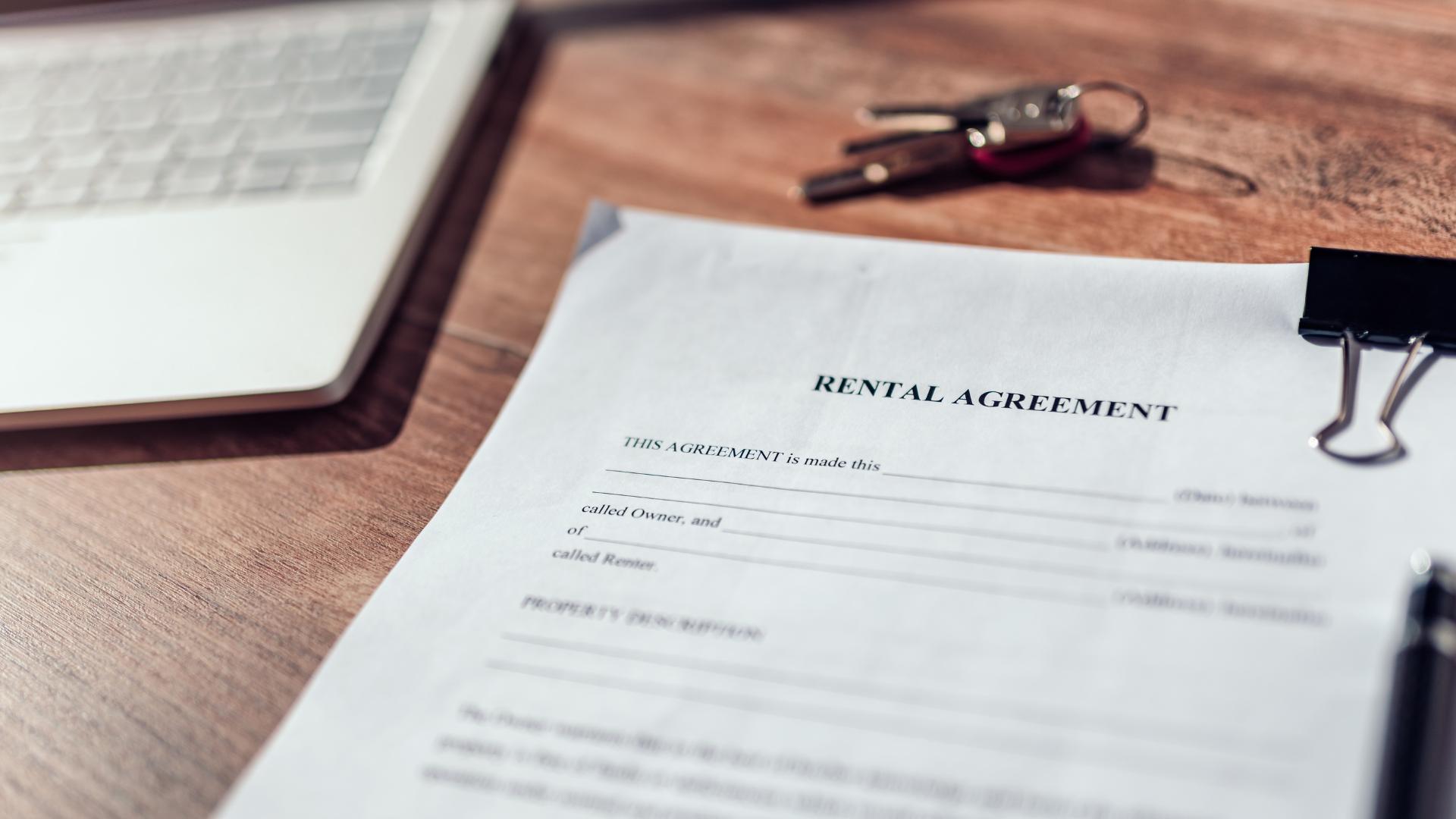Renting an apartment or property can be an exciting prospect, especially if you’re moving to a new city or a more upscale location. However, it’s essential to exercise caution and take certain precautions before signing your name on the dotted line. The lease agreement, also known as a rental agreement, is a legally binding contract between the landlord and the tenant. It outlines the terms and conditions of the rental arrangement, including monthly rent, security deposit, and duration of the lease.
In this article, we will discuss four critical areas to consider before signing a lease agreement, including understanding the lease terms, inspecting the property, knowing your rights and responsibilities, and preparing for the financial obligations of renting. By following these precautions, you can protect yourself from potential disputes with your landlord, unexpected costs, and other inconveniences down the line.
Understanding the Lease Terms
Before you sign a lease, it is crucial to thoroughly understand the terms and conditions of the agreement. The lease outlines the responsibilities and obligations of both the landlord and the tenant. It also specifies the duration of the lease, the rent amount, and the procedures for renewing or terminating the lease.
When reviewing the lease, pay particular attention to the following:
- Rent: Make sure the monthly rent is clearly stated in the lease. Also, verify whether there are any additional fees, such as utility, maintenance, or parking fees.
- Security Deposit: The lease should specify the security deposit amount, the conditions for its refund, and the process for resolving disputes regarding the deposit.
- Lease Duration: Check the lease duration and the terms for renewing or breaking the lease. Ensure you understand the penalties for early termination or breaking the lease.
- Maintenance and Repairs: The lease should outline the landlord’s responsibilities for maintaining the property and addressing repair requests. It should also state the tenant’s responsibilities for routine maintenance and reporting issues.
If you are unsure about any aspect of the lease, discuss it with the property manager or the landlord, and consider seeking legal advice.
Inspecting the Property
Before signing the lease, inspect the apartment or property carefully to identify any potential issues or defects that may need to be addressed. This inspection will help you ensure that the property is in good condition and meets your expectations.
During the inspection, consider the following:
- Cleanliness: Ensure the property is clean and free from damage. Take note of any stains, holes, or other damage that may require repair or cleaning before you move in.
- Appliances and Fixtures: Check all appliances and fixtures, such as the oven, refrigerator, dishwasher, and air conditioner, to ensure they are in good working order.
- Safety Features: Verify that the property has adequate safety features, such as smoke detectors, carbon monoxide detectors, and fire extinguishers.
- Pest Control: Look for signs of pests, such as droppings or insect nests, and inquire about the landlord’s pest control policies.
If you notice any issues during the inspection, discuss them with the landlord or property manager and have them addressed before you sign the lease.
Knowing Your Rights and Responsibilities
As a tenant, it’s essential to know your rights and responsibilities under the rental agreement and the applicable laws in your jurisdiction. This knowledge can help you avoid disputes with your landlord and protect your interests.
Some essential rights and responsibilities for tenants include:
- Right to a Habitable Property: You have the right to a clean, safe, and habitable living space. The landlord is responsible for maintaining the property and addressing repairs in a timely manner.
- Right to Privacy: You have the right to enjoy your rented property without unwarranted intrusion from the landlord. The landlord must provide reasonable notice before entering the property for inspections or repairs.
- Responsibility to Pay Rent: You must pay the rent on time and in full, as outlined in the lease agreement. Failure to do so may result in eviction or legal action.
- Responsibility to Maintain the Property: You are responsible for keeping the property clean and well-maintained. You must also report any damage or maintenance issues to the landlord promptly.
Ensure you understand these rights and responsibilities and comply with them throughout the duration of your lease.
Preparing for the Financial Obligations of Renting
Renting an apartment or property comes with various financial obligations, such as the monthly rent, security deposit, and other fees. Before signing the lease, ensure you are prepared to meet these obligations to avoid future complications.
Consider the following financial aspects of renting:
- Affordability: Ensure that the monthly rent, along with any additional fees, is within your budget. As a general rule, your rent should not exceed 30% of your monthly income.
- Security Deposit: Be prepared to pay the security deposit upfront, which is typically equivalent to one or two months’ rent. This deposit will be held by the landlord to cover any damages or unpaid rent during your tenancy.
- Moving Expenses: Budget for the cost of moving, including hiring movers, renting a truck, or purchasing moving supplies.
- Renters Insurance: Although not always required, obtaining renters insurance is a wise investment to protect your personal belongings and cover liability for accidents that may occur in your rented property.
By being financially prepared for the obligations of renting, you can enjoy a smoother transition into your new home and avoid potential disputes with your landlord.
In conclusion, taking these precautions before signing a rental agreement can save you time, money, and frustration in the long run. By understanding the lease terms, inspecting the property, knowing your rights and responsibilities, and preparing for the financial obligations of renting, you can protect yourself from potential disputes and ensure a successful tenancy. Remember that renting an apartment or property is a significant commitment, so take the time to thoroughly review all aspects of the agreement and seek legal advice if necessary. By doing so, you can confidently sign the lease and enjoy your new home.

